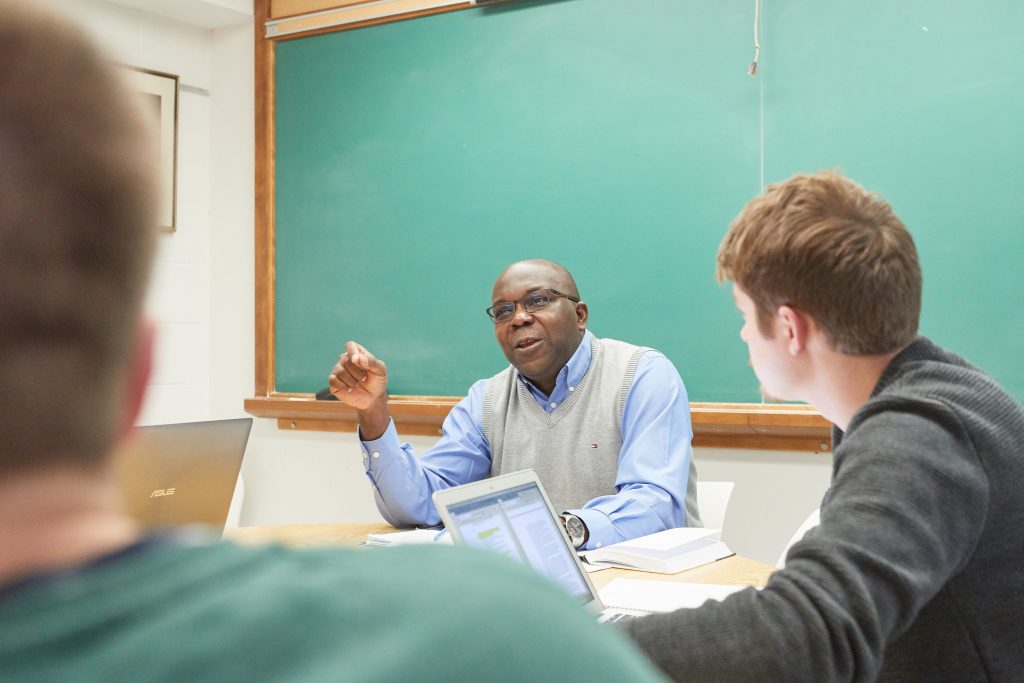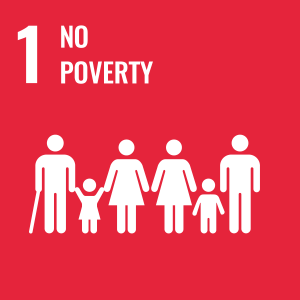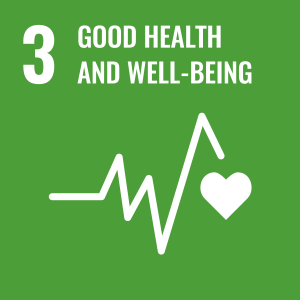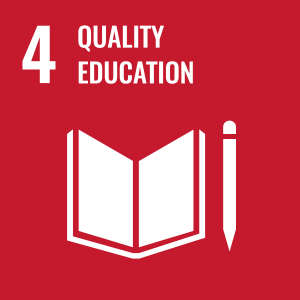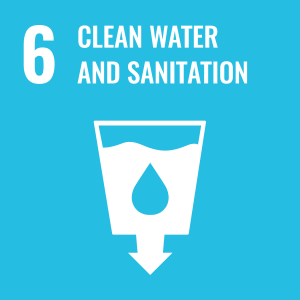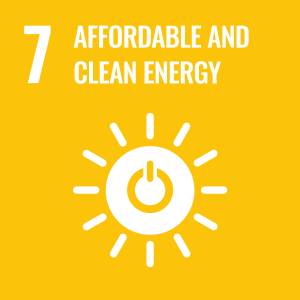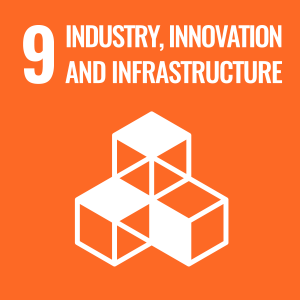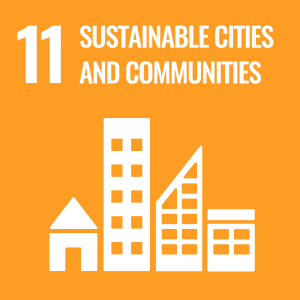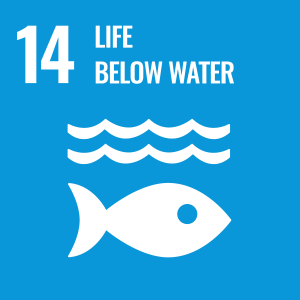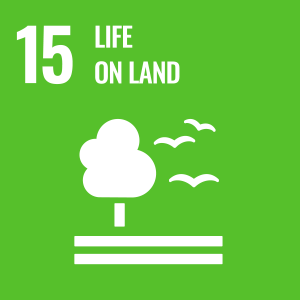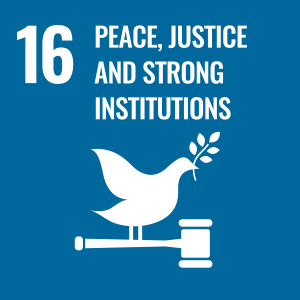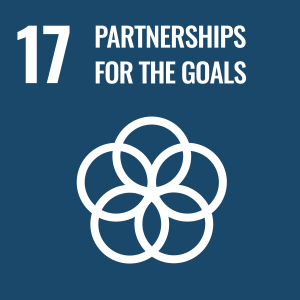Goal 2: Zero Hunger
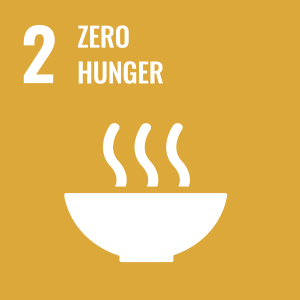 |
Achieving food security and improving nutrition are central to SDG 2. Learn how a McMaster University anthropologist is putting this global goal at the heart of her work with local communities. |
Tina Moffat, Professor, Department of Anthropology
Feeding a sustainable future
Hamilton’s most vulnerable neighbourhoods face significant challenges when it comes to food security. Tina Moffat says there’s a need for more and better nutrition education resources in these communities.
The anthropology professor’s research examines the link between food insecurity, community, poverty and health outcomes. And she’s dedicated her work to finding ways to support people who are struggling to consistently access healthy food and coping with the indignity that comes with this struggle.
What do we eat? Where do we eat? How does food affect our health? Moffat says these are all factors that should inform policymaking on food issues. Because food is about so much more than simply fuel for our bodies.
Featured Stories
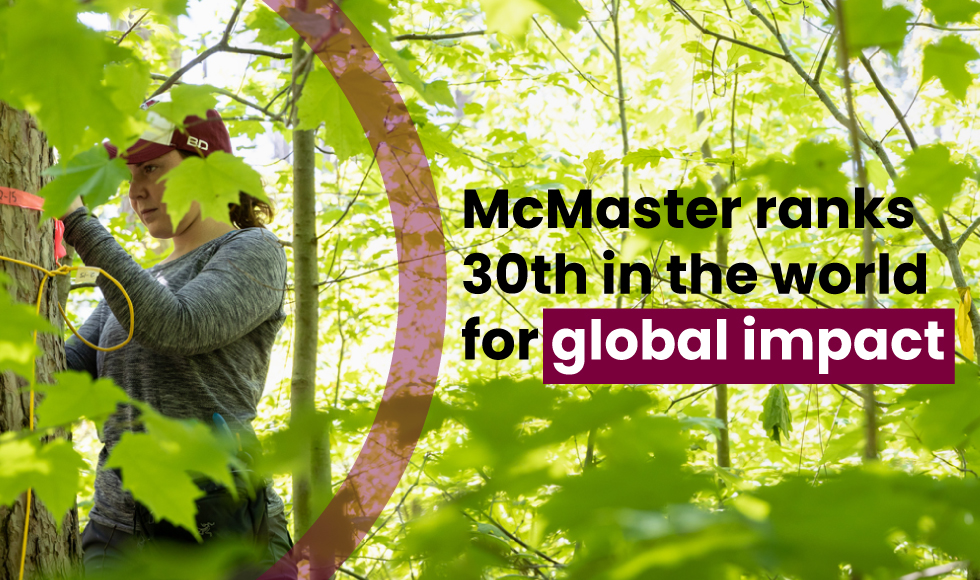
McMaster ranks 30th in the world in Times Higher Education University Impact Rankings
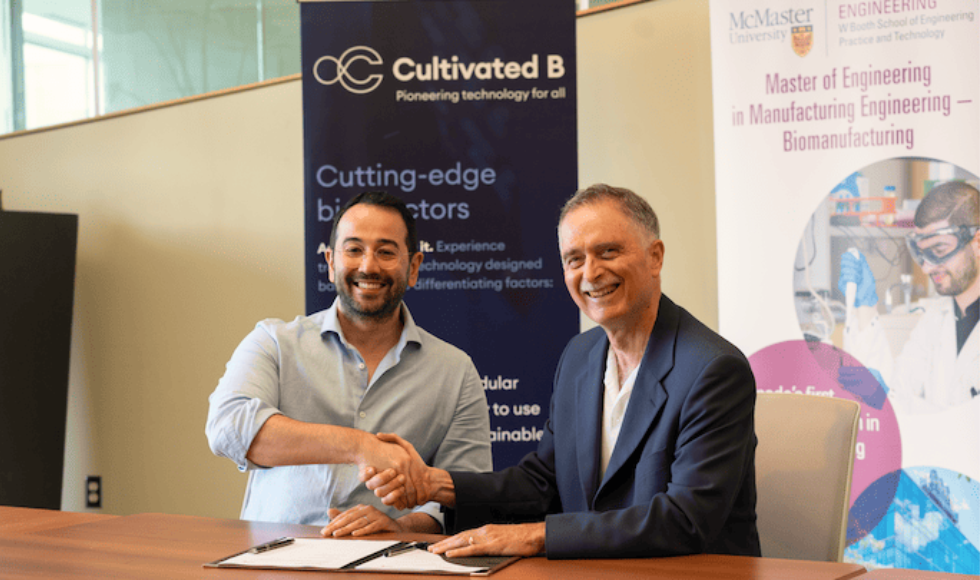
The Cultivated B and McMaster Engineering sign Memorandum of Understanding for cellular agriculture initiatives
The signing of a Memorandum of Understanding (MOU) on Sept. 18 between The Cultivated B (TCB) and McMaster University’s Faculty of Engineering affirmed a commitment to ongoing collaboration on . . .
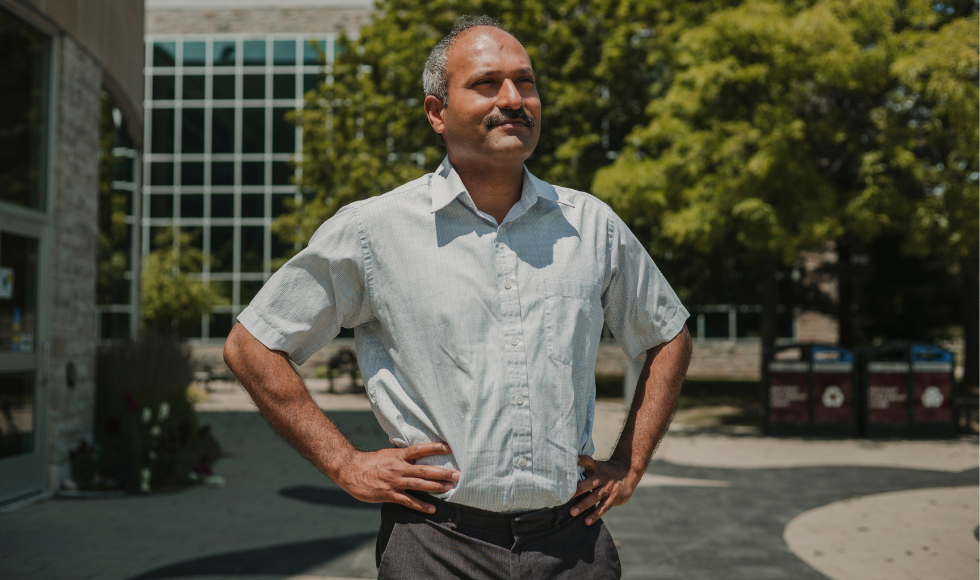
A steak in the future: McMaster researchers to play leading role in putting cultured meat on the table
A team of McMaster University researchers is taking a leading role in a Canadian initiative aimed at making cultured meat more affordable and accessible to . . .

